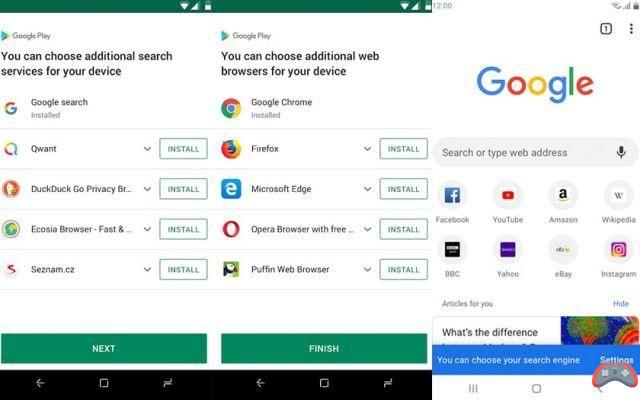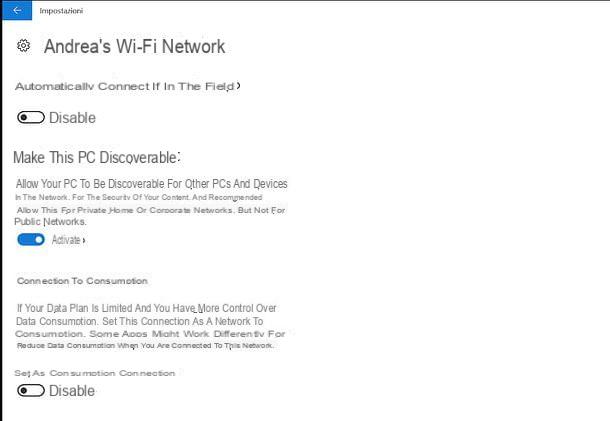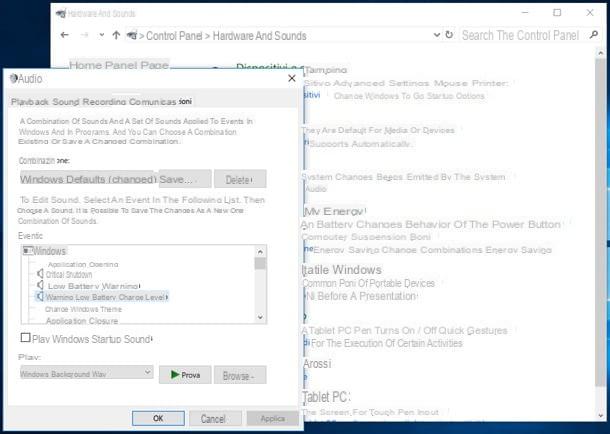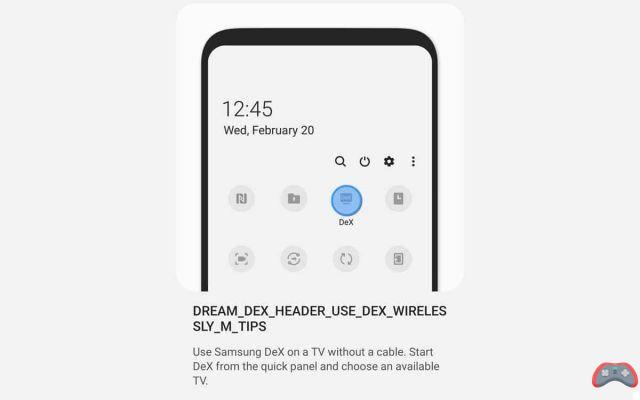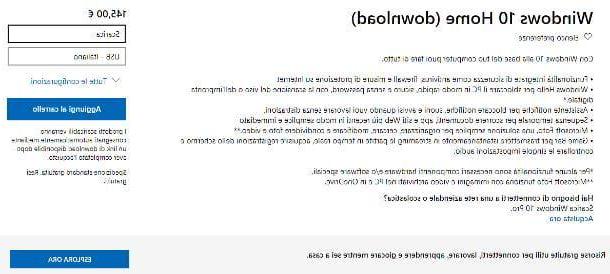 Any browser you use (such as Internet Explorer, Firefox, Opera, Chrome and Safari), saves a list of recently visited sites in the history.
Any browser you use (such as Internet Explorer, Firefox, Opera, Chrome and Safari), saves a list of recently visited sites in the history.Deleting this list is easy, but if you really want to prevent the saving of recent sites and keep more privacy, you need to change some settings.
There are two things on which you need to spend a few words before getting to the technical guide.
Some might give as a solution to not save the history, that of browsing incognito. The problem with browsing privately or incognito is that cookies and passwords saved in the browser are not loaded, so every time you open your email or Facebook, you have to log in again. Others may wonder why they block the saving of recently visited sites in the history.
This obviously depends from person to person, to me, for example, it does not bother me because only I use the PC and because I have given up privacy on the internet for some time now. However, those who use a computer together with other people and those who care that advertising agencies do not know where they are browsing, may be interested in keeping less content in the history.
All this has greater relevance also in light of the fact that websites know a lot about people and track browsing by storing visit data (see how not to be tracked online by sites by blocking the collection of personal data).
In another article then we saw how easy it is to see the history of browsers (IE, Firefox and Chrome) and of Windows with small automatic tools and how, very simply, you can open the history page in any browser with the key combination Ctrl-H.
Depending on the browser used, this is possible prevent IE, Opera, Chrome, Firefox and Safari from storing personal data entirely or automatically delete it when you log out.
1) In Internet Explorer the history options are in the Internet Options window, which you can open from the gear menu.
Under the General tab, click on the Settings button under "Browsing history" and change the number of days to keep the list of websites visited.
Internet Explorer still keeps the pages visited for a day even if you put 0, so if you really want to block the Microsoft browser, you must also select the "Delete history when exiting" option in the general tab.
2) In Mozilla Firefox you have to open the Options from the button with three lines at the top right, and go to options and then in the tab Privacy.
In "Cookies and website data" you can choose not to save the history by activating the option Delete cookies and website data when Firefox is closed to block Firefox from storing the sites visited and automatically delete the history and cookies of the sites visited when closing the browser.
The management of the history can also be customized, perhaps deleting only some sites from the history or choosing to delete it manually with a click, with some extensions for remove history
3) Google ChromeUnfortunately, it doesn't have a way to automatically disable or clear your browser history.
It is only possible to use the "Clear all browsing data" function on the history page in the settings.
In another article I had listed several Chrome extensions to see history statistics
To delete all visited sites in one go from the list, you can use the Click & Clean extension that you can use both manually and automatically, every time you close your browser.
4) In Microsoft Edge you can activate the option Clear browsing data on closing so that you never save the sites you visit in an internet browsing session. This option is found by opening the Settings from the menu with three dots at the top right and then going to the Privacy section, search and services.
5) Sul browser Apple Safari you cannot automatically delete the history of sites visited in the past.
Unfortunately, there is no additional extension for Safari. On the other hand, however, you can make sure that Safari stores navigation data for a single day, in the general pane of the Preferences window.
It is also possible to remove all the history in Safari with the Reset (which however also deletes cookies and passwords) or by simply deleting the history.
6) Opera has all the settings in Preferences -> Advanced -> History.
From here you can choose the maximum number of web addresses to save in the log which can also be set to 0.
To conclude the discussion, we must also consider that those who have a Google or Gmail account may have activated the Google history function in which the searches performed and the sites visited by the search page are saved.
In another article, all the details on how see and disable the history of searches on Google and of the sites visited.
As we know then it is possible browse the internet privately with no traces in your browser history, useful for preventing the browser from saving any navigation data, including cookies and passwords.
Also, do not forget to always update the browser to the latest version since the old ones could be vulnerable to spy codes that are massively present on the web.





